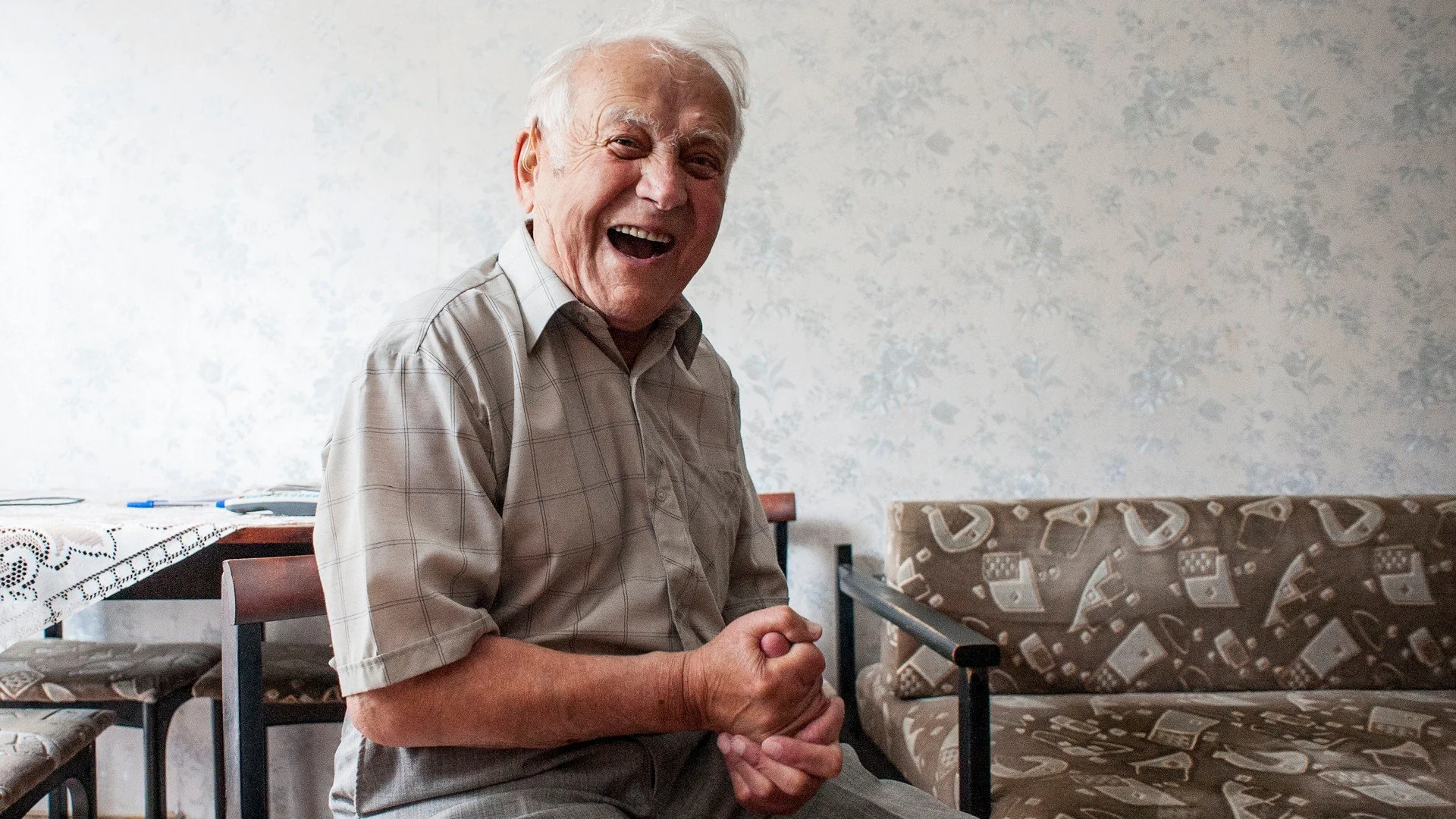Unbreak the Mirror
Dmitry Z. after an interview. Lithuania, Vilnius. 2013
My phone holds thousands of pictures. Each one is a fragment of my life—a mirror shattered into a thousand tiny pieces. I often scroll through them, only to feel that these pieces may never come together. Most stills will never be printed, most videos never watched.
Random words don’t make a story, and random clips don’t make a film. Stories take intention—and effort—to be worth listening to.
I’ve always loved the magic of storytelling. My friends know how eagerly I watch movies, read books, or listen to their stories—I can’t get enough. But, as Austin Kleon said in his book Show Your Work!, “It’s always better to make more than you consume.” I love witnessing real life and preserving it with my camera. So much so that I made it my profession to tell the stories of others’ lives.
Make “one day” come
Life stories don’t happen in short sentences. They live in long, deep conversations—the kind you can only have when you’re not rushing, when you’re present. And yet, we rarely have enough time for that. We live our busy lives, running from one thing to another, telling ourselves we’ll sit down and talk “one day.” But too often, that day doesn’t come.
I’ve conducted hundreds of interviews for work. And yet, what feels like the greatest achievement is the time I dedicated to making films about my own family: my great-aunt, my father, my daughter. For me and my family, these are the most precious pieces of work I’ve ever made.
A screenshot from the documentary ‘Gomel—Leningrad—Gomel’
Get equipped for life
During hard times, when we face difficult decisions, how do we make them? Often, we rely on strategies that helped our ancestors survive. That’s what guides us and makes us feel confident about our choices. The more we know about the choices our ancestors made, the better equipped we are to navigate our own hardships.
And it’s not just about the good. Oh, well. Nobody’s life is flawless. We also hear about mistakes—choices they wish they had made differently. That’s powerful too, because it gives us a chance to avoid repeating them.
When we watch a well-researched, authentic story told by those who knew our ancestors best, we discover something even deeper: who they really were. In those moments, we see ourselves more clearly. We recognize which traits we’ve inherited—and maybe even understand what we can become.
That’s why storytelling in the form of legacy films matters so much to me. It’s not just about looking back. It’s about understanding who we are, and what we can carry forward.

